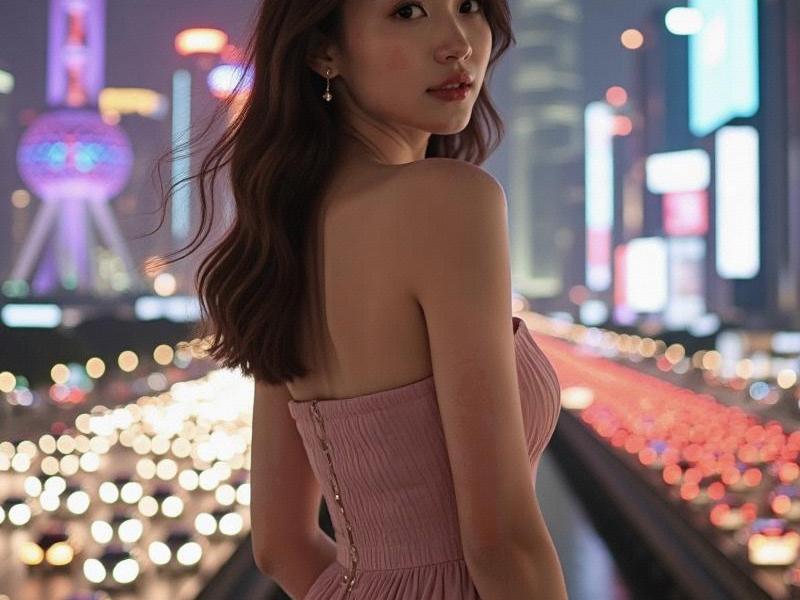
The New Face of Shanghai Nightlife
Behind the neon-lit facades of Huangpu District, a quiet revolution is reshaping Shanghai's entertainment industry. The city now boasts over 380 premium clubs generating $2.8 billion annually - a 34% increase since 2022. These aren't the karaoke boxes of old, but multi-concept venues combining private dining, mixology labs, and curated entertainment.
"Modern clubs serve as extensions of the boardroom," notes James Wilkinson, director of hospitality consultancy HVS Asia. "About 60% of our clients use them for closing deals in relaxed settings." The Peninsula Club's "Silk Road Room" exemplifies this trend, offering soundproofed negotiation spaces adjacent to its whisky library.
Architectural Marvels Meet Cutting-Edge Tech
上海龙凤419自荐 New openings push design boundaries. The recently launched Cloud Nine atop the Shanghai Tower features a 360° holographic projection system transforming its interior nightly - from Alpine chalet to underwater fantasy. Membership starts at ¥880,000/year, with a two-year waiting list.
More intriguing is the tech integration. Face recognition systems at Dragon Gate Club personalize service the moment guests arrive, while AI sommeliers at Vue Collective analyze patrons' preferences across past visits. "We're building institutional memory about our clients," explains GM Vivian Zhang.
Cultural Hybridity in Entertainment
上海夜网论坛 The contemporary club scene blends global influences with local sensibilities. At Suzhou-courtyard-inspired Moon Garden, guests enjoy Peking opera performances followed by electronic DJ sets. The Bund's new Paramount 2.0 resurrects 1930s jazz age glamour with augmented reality displays showcasing Shanghai's golden era.
This cultural fusion extends to beverages. Mixologist Leo Zhu at Zenith Club creates cocktails using baijiu aged in French oak barrels. "Our 'East Meets West' tasting menu accounts for 45% of revenue," he reveals.
Regulatory Challenges and Market Corrections
上海品茶论坛 The industry faces headwinds. Recent anti-extravagance campaigns have led 12% of clubs to reposition offerings. "We've shifted focus from pure luxury to experiential value," says Hugo Li of Chairman Club, now emphasizing masterclasses with Michelin chefs.
Health-conscious trends also emerge. Wellness clubs like Pure offer organic mixology and sound therapy lounges, growing 22% year-on-year. Meanwhile, authorities have implemented stricter age verification systems following nationwide regulatory updates.
As dawn breaks over the Huangpu, Shanghai's club scene continues evolving - less about conspicuous consumption, more about creating memorable experiences that reflect the city's unique position at the crossroads of global business and culture.
